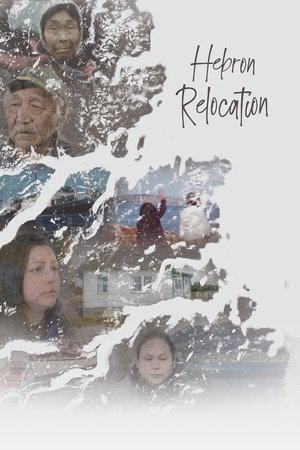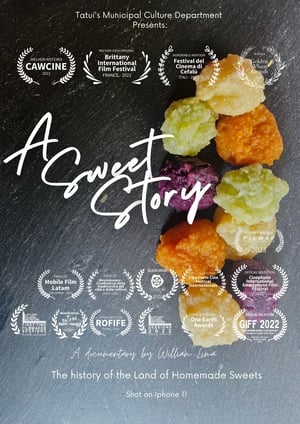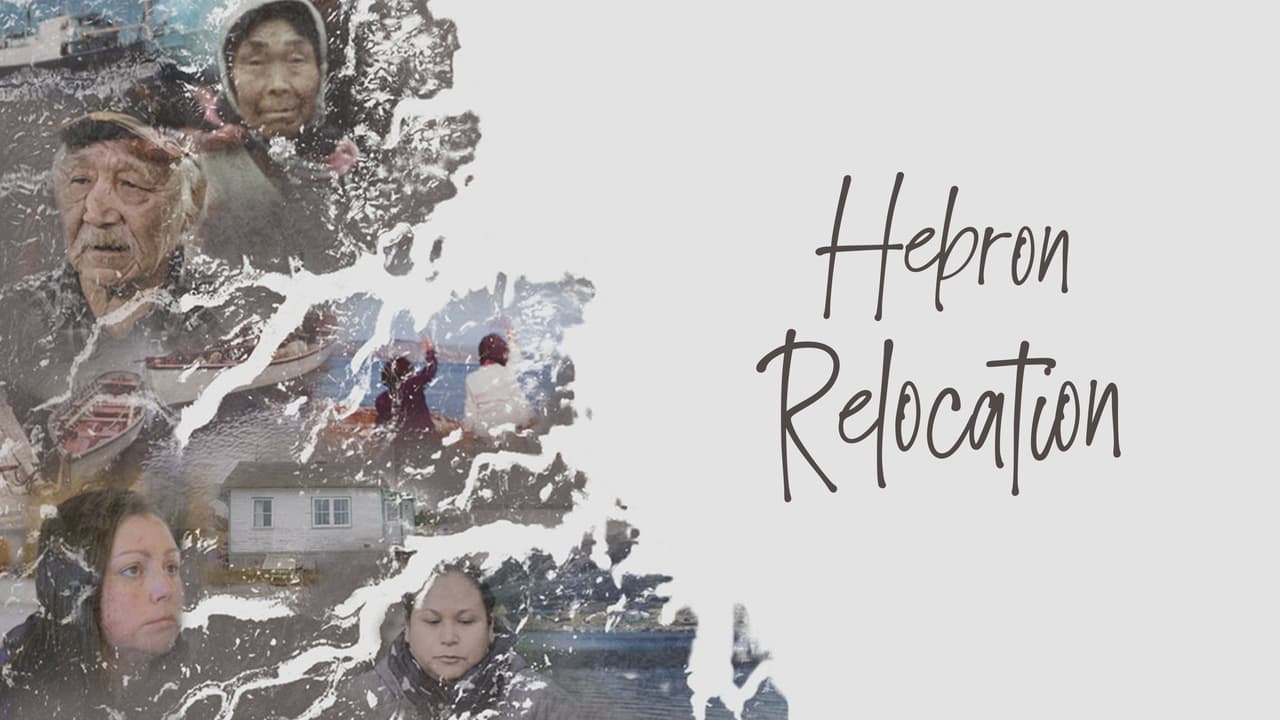
Hebron Relocation(2023)
Through a tapestry of reflection, rare footage and her own home, Inuk filmmaker Holly Andersen tells the little-known story of the forced relocation of an Inuit community from Hebron, north of Nain, to more southerly locations along the Labrador Coast. Although that painful disruption of 233 lives occurred more than 50 years ago, the repercussions of the move last to this day.

Movie: Hebron Relocation
Top 1 Billed Cast
Narrator
Video Trailer Hebron Relocation
Similar Movies
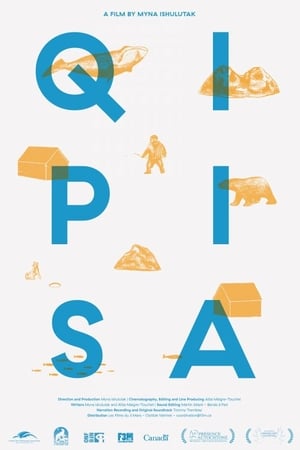 4.0
4.0Qipisa(iu)
The director goes back to her roots in Pangnirtung, amongst her family and community. It leads her to another journey: to Qipisa, the outpost camp from where they were uprooted.
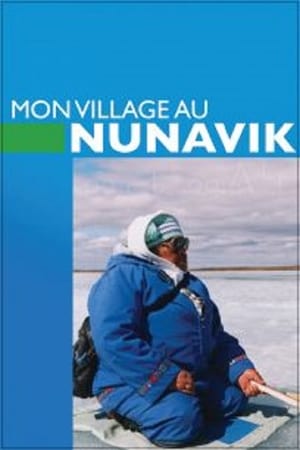 0.0
0.0My Village in Nunavik(en)
Shot during three seasons, Kenuajuak's documentary tenderly portrays village life and the elements that forge the character of his people: their history, the great open spaces and their unflagging humour. Though Kenuajuak appreciates the amenities of southern civilization that have made their way north, he remains attached to the traditional way of life and the land: its vast tundra, the sea teeming with Arctic char, the sky full of Canada geese. My Village in Nunavik is an unsentimental film by a young Inuk who is open to the outside world but clearly loves his village. With subtitles.
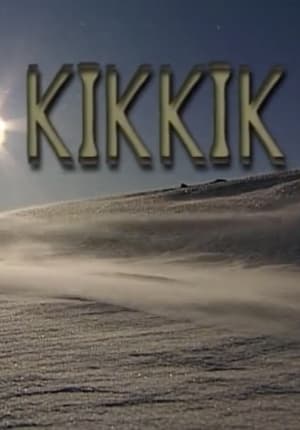 0.0
0.0Kikkik(en)
It is taking decades for Canada to come to terms with its history in the Arctic, and with its relationship to all its indigenous people. “Kikkik” is the story of government mistakes and neglect, of starvation, murder, freezing death, but, in the end, a kind of justice that helps restore our faith in human decency. In 1958, the Inuit woman Kikkik was charged with murder and criminal negligence leading to the death of her child. Her trial and our visit back to the place and to Kikkik’s children confront us with a legacy that’s still a challenge for Canada.
 0.0
0.0Natsik Hunting(en)
Mosha Michael made an assured directorial debut with this seven-minute short, a relaxed, narration-free depiction of an Inuk seal hunt. Having participated in a 1974 Super 8 workshop in Frobisher Bay, Michael shot and edited the film himself. His voice can be heard on the appealing guitar-based soundtrack…. Natsik Hunting is believed to be Canada’s first Inuk-directed film. – NFB
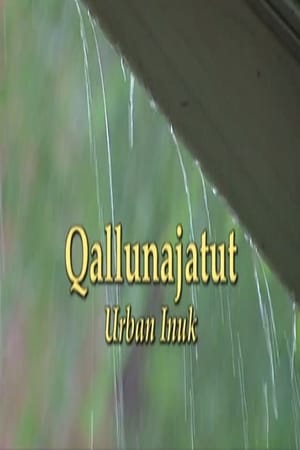 0.0
0.0Urban Inuk(en)
Qallunajatut (Urban Inuk) follows the lives of three Inuit in Montreal over the course of one hot and humid summer.Only two generations ago Inuit lived in small, nomadic hunting camps scattered across the vast Arctic landscape. Since the 1950s, this traditional lifestyle has undergone an astonishing transition from Stone Age to Information Age, as Inuit first relocated (often by force) to government-run settlements, and, more recently, beyond the settlement into southern cities.
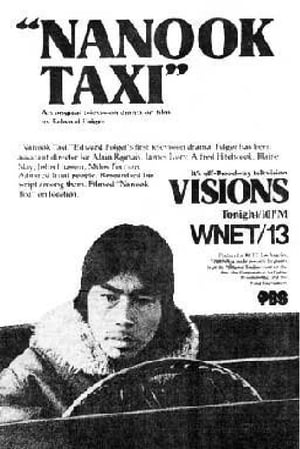 6.0
6.0Nanook Taxi(en)
Ningiuksiak, an Inuk who lives in the settlement of Cape Dorset, is on a hunt with his family. On his way back to Cape Dorset, Ningiuksiak's snowmobile breaks down. Since he does not have the money to fix it he decides to leave his family and fly to the town of Frobisher Bay to make some money. Ningiuksiak's cousin in Frobisher Bay, Ashoona, a somewhat urbanized Inuk who makes his living as a construction worker or as a cab driver, has drifted away from hunting and the traditional way of life of the remote settlements. Ashoona takes Ningiuksiak in hand and helps him to get a job driving for the Nanook Taxi Company. Increasingly unhappy and bewildered, Ningiuksiak takes to spending his money on liquor and his time in seedy nightclubs. One night, half-heartedly trying to show that he is having a good time, he looks up and sees his wife. She has come to take him home to Cape Dorset.
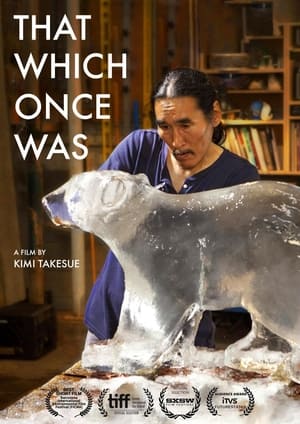 0.0
0.0That Which Once Was(en)
In 2032 an eight-year old boy, displaced by global warming, fends for himself as an environmental refugee in a hostile northern metropolis. Haunted by memories of flooding that left him homeless and orphaned, the boy forms an unexpected friendship with an Inuk ice carver who helps him confront his past.
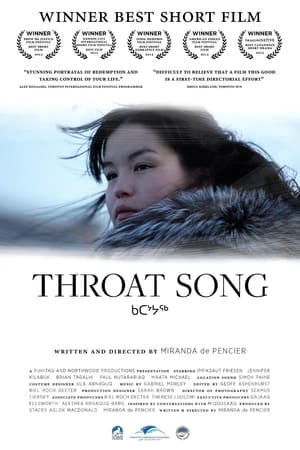 8.0
8.0Throat Song(en)
In a small town in the Canadian Arctic, Ippik, a young Inuit woman, suffers in an abusive relationship. She starts to heal when she connects with other victims of violence and finds her voice.
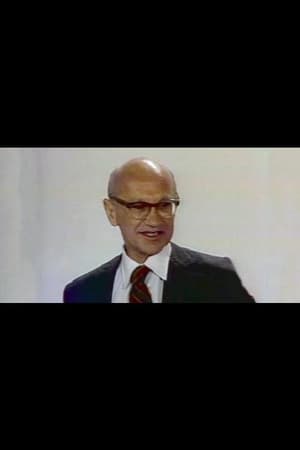 0.0
0.0Who Protects the Consumer?(en)
Lecture given at Ford Foundation in New York City as part of the 'Milton Friedman Speaks' series.
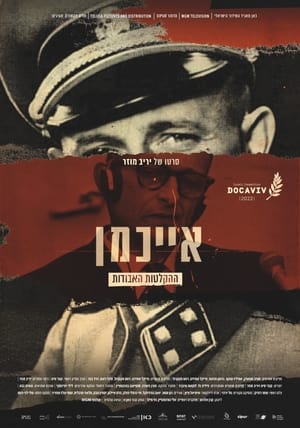 6.0
6.0The Devil's Confession: The Lost Eichmann Tapes(en)
A few weeks before the opening of the Eichmann trial, transcripts of recorded conversations that Adolf Eichmann had with a Dutch Nazi journalist, Willem Sassen, were mysteriously handed over to prosecutor Gideon Hausner. The conversations were held a few years before Eichmann was brought to Israel by the Mossad. During the trial, Eichmann tried to convince that he was only a bureaucrat who carried out orders, but in the transcripts, Eichmann was found boasting and proud of his significant role in planning and executing the Final Solution. For the first time, we will confront Eichmann with himself in full color, revealing the hidden factors and motives that succeeded in hiding these recordings.
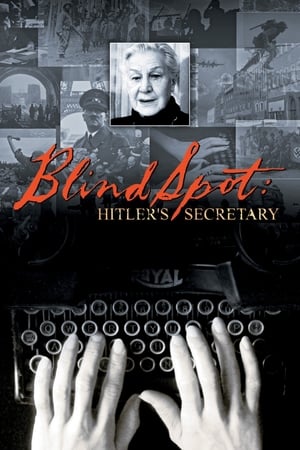 6.4
6.4Blind Spot: Hitler's Secretary(de)
Documentarians Andre Heller and Othmar Schmiderer turn their camera on 81-year-old Traudl Junge, who served as Adolf Hitler's secretary from 1942 to 1945, and allow her to speak about her experiences. Junge sheds light on life in the Third Reich and the days leading up to Hitler's death in the famed bunker, where Junge recorded Hitler's last will and testament. Her gripping account is nothing short of mesmerizing.
Screening from Within(zh)
"Screening from Within" juxtaposes the historical trajectories of the Chinese adoption of the Soviet “cinefication” movement and the contemporary transformations of itinerant film projection in China. Migrant workers of Beijing and Chengdu, rural inhabitants of Anhui, Sichuan and the Aba Tibetan Autonomous Prefecture, as well as projectionists from today and yesterday, share their thoughts, memory and experience about government and NGO-sponsored film screenings. Many of them remember the times when itinerant screening attracted huge crowds of viewers. Others—the younger ones—take video cameras in their own hands to film “from within.”
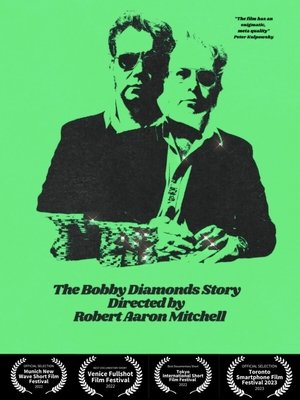 10.0
10.0The Bobby Diamonds Story(en)
Underground poker player Bobby Diamonds enters the spotlight in this hallucinatory, hilarious, and heartfelt documentary. Directed, Produced, and Edited by Robert Aaron Mitchell Executive Producer Sarah Dillard Mitchell Winner of Best Short Documentary Tokyo International Short Film Festival (2022) Winner of Best Short Documentary Venice Fullshot Film Festival (2022) Official Selection Munich New Wave Short Film Festival (2022) Official Selection Toronto Smartphone Film Festival (2023)
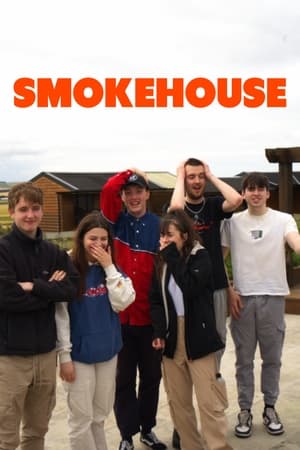 10.0
10.0Smokehouse(en)
A group of friends reunite in the north of Scotland during summer.
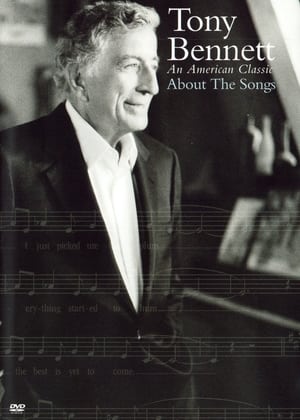 0.0
0.0Tony Bennett: An American Classic About the Songs(en)
Tony Bennett's 80th Birthday Celebration continues! In support of his Platinum and Grammy Award-winning CD, Duets: An American Classic, comes this revealing new documentary that highlights 12 of the groundbreaking Tony Bennett hits before they became Duets. About the Songs is a 30-minute documentary that chronicles the stories behind some of the great songs that defined Tony's career and played an undeniably important role in the American Songbook, such as RAGS TO RICHES, FOR ONCE IN MY LIFE and I LEFT MY HEART IN SAN FRANCISCO. Joining the discussion is noted George Washington University musicologist, Richard Golden, who provides great insight as both a music expert and Tony's friend. Hundreds of archived and rare photographs and memorabilia add to this intimate look into the life and memories of Tony Bennett and his music. Experience the stories behind the songs that have shaped the unprecedented career of this music and cultural icon.
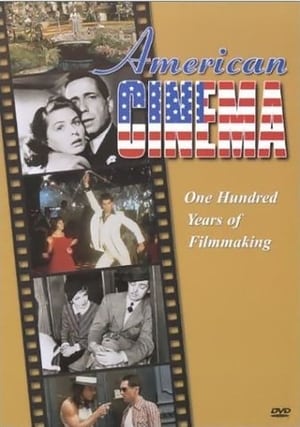 0.0
0.0American Cinema(en)
The history of Hollywood and filmmaking comes alive in this spectacular nine hour celebration of movie magic. It's a mesmerizing, epic analysis that combines rare archival film, key scenes from immortal movies, interviews with leading filmmakers and commentary from noted film scholars and critics. As seen on PBS, this highly acclaimed series is the definitive chronicle of the American cinema, from its beginning to today. Includes interviews with Robert Altman, Clint Eastwood, Harrison Ford, Spike Lee, George Lucas, Sidney Lumet, Julia Roberts, Martin Scorsese, Gene Siskel, Steven Spielberg, Oliver Stone, Quentin Tarantino, and many more. A New York Center for Visual History Production in co-production with KCET and the BBC
 7.0
7.0Lenin kam nur bis Lüdenscheid - Meine kleine deutsche Revolution(de)
The free, almost naive view from the perspective of a child puts the "68ers" in a new, illuminating light in the anniversary year 2008. The film is a provocative reckoning with the ideological upbringing that seemed so progressive and yet was suffocated by the children's desire to finally grow up. With an ironic eye and a feuilletonistic style, author Richard David Precht and Cologne documentary film director André Schäfer trace a childhood in the West German provinces - and place the major events of those years in completely different, smaller and very private contexts.
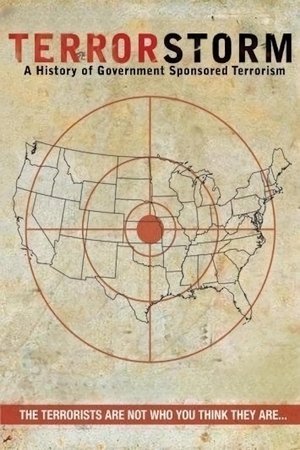 6.0
6.0Terrorstorm(en)
Throughout history, regimes have used terror attacks as a means of control over their populations, and for the last 100 years, Western governments have employed the same measures.
